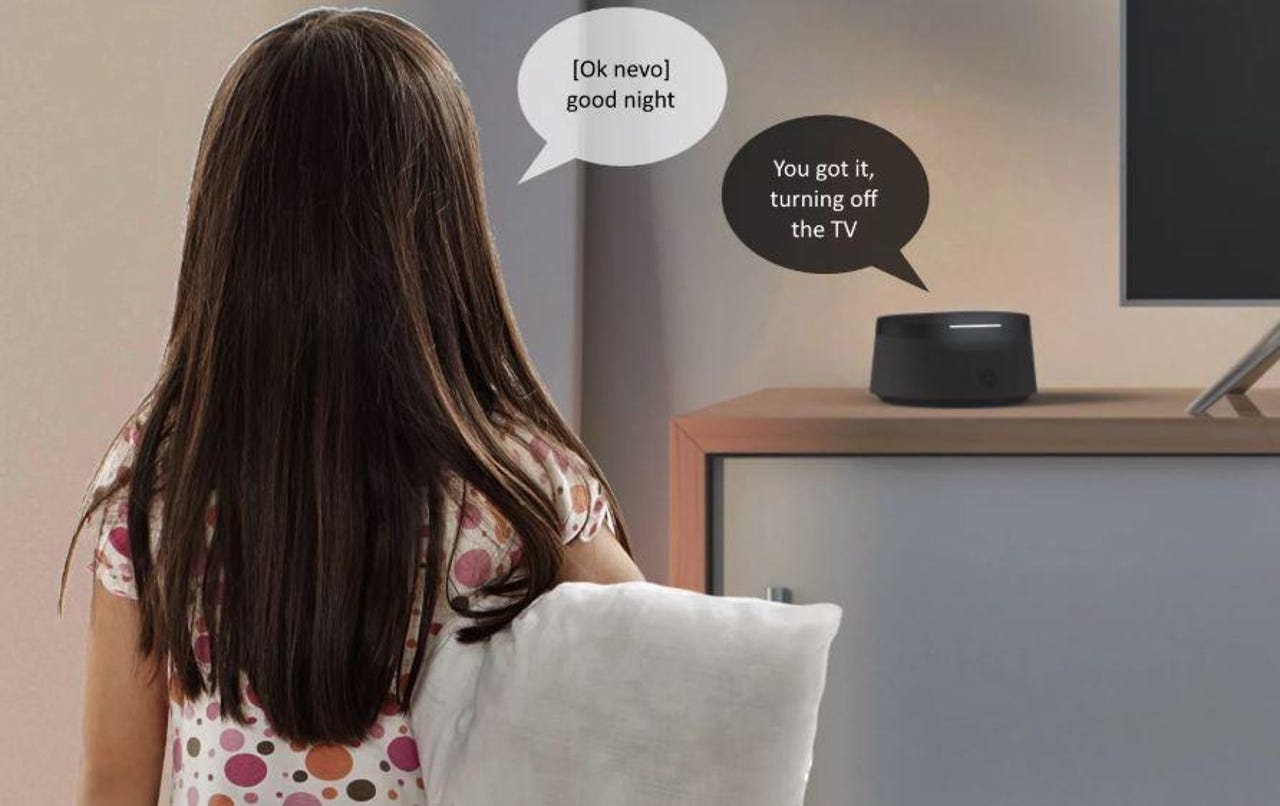CES 2019: Cortana's gone underground, but Microsoft is not out of the virtual assistant game


CES 2021
While Google Assistant and Amazon's Alexa were big at CES 2019, Microsoft's Cortana digital personal assistant was nowhere in sight. That's not surprising, given Microsoft's decision to reposition Cortana as less of a standalone assistant and more of an assistance aide. But Microsoft isn't totally out of the virtual assistant game. The company quietly has been scoring some wins with its Virtual Assistant Solution Accelerator -- templates and tools which allow customers to build their own customized virtual assistants.
Microsoft introduced the Virtual Assistant Accelerator in preview form in November 2018. Using the Virtual Assistant Accelerator, customers can change the name, voice and personality of their assistants and use a starter set of conversational skills.
At CES 2019 this week, LG Electronics and Microsoft announced that LG will be using various Microsoft Azure and AI products in conjunction with LG's self-driving software. One of the Microsoft products which LG Electronics will be embedding in its onboard infotainment systems is the Microsoft Virtual Assistant Solution Accelerator.
Also at CES, smart-home technology provider Universal Electronics Inc. said it would be using Microsoft's Virtual Assistant Accelerator to power its Nevo Butler home-hub platform, which will include an integrated digital assistant called nevo.ai. UEI will offer the platform to other customers to private label.
I'm not sure if BMW Group, which is introducing its own Intelligent Personal Assistant for its cars in March also is built on Microsoft's Virtual Assistant Accelerator, but it may be. (I've asked Microsoft for comment.) Microsoft's blog post says BMW Intelligent Personal Assistant "will be supported by Microsoft's cloud, AI, and machine learning capabilities." But references in the sample code to "iDrive" make me believe BMW is like a Virtual Assistant Accelerator customer, too.
Microsoft's Virtual Assistant Accelerator is available on GitHub. It uses Microsoft's Speech, QnA, Language Understanding and Vision cognitive-services programming interfaces. It can connect to phones, cars, speakers, alarm clocks, smart-home sensors and other devices via Microsoft's Azure Bot Services. Users can deploy their custom assistants in any "channel" supported by the Microsoft Bot Framework, which includes Skype, Facebook Messenger, WeChat and more.
The Virtual Assistant Accelerator includes some out-of-the-box productivity skills, including Calendar, Email and To-Do. These skills are integrated with the Microsoft Graph programming interface, which means they connect to Office 365 and Outlook.com. Microsoft also says in its documentation that it will be adding support for Google APIs to these skills "soon." These skills will allow users to do things like move meetings when they're running late; add items to their task lists from the car; requesting late checkout and room service in hospitality settings; find available meeting rooms; and find people with specific skills.
Microsoft officials still haven't provided a clear public roadmap regarding what's next for Cortana. Microsoft has deemphasized its role as a standalone assistant by partnering with Amazon and leaving the role of answering simple voice-powered queries to Alexa. Microsoft also is decoupling Cortana from Microsoft Search in Windows 10 and recently said it would make Cortana-powered voice setup in the enterprise and education versions of Windows 10 off by default. But the company is continuing to make Cortana part of its productivity applications by integrating it with Outlook mail and calendar and other key applications.